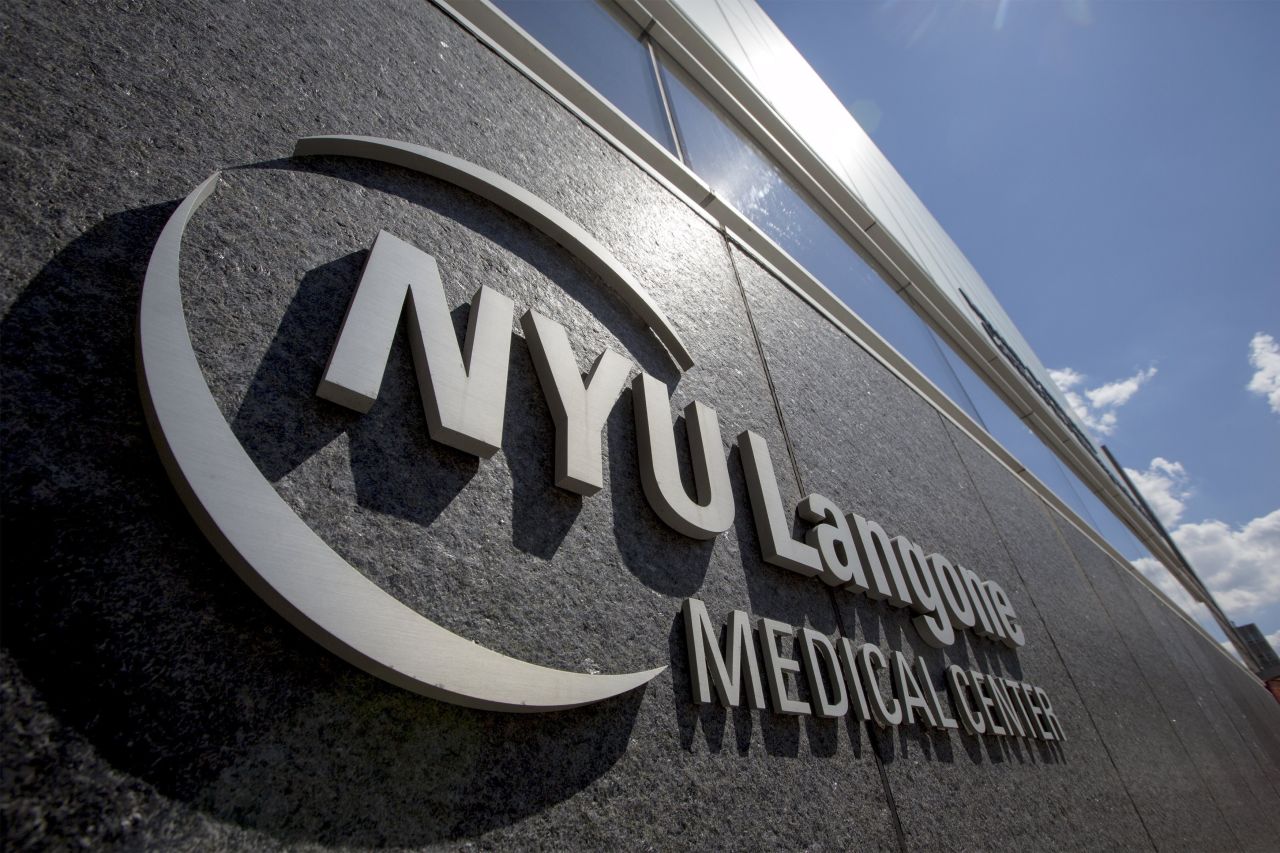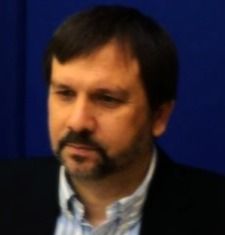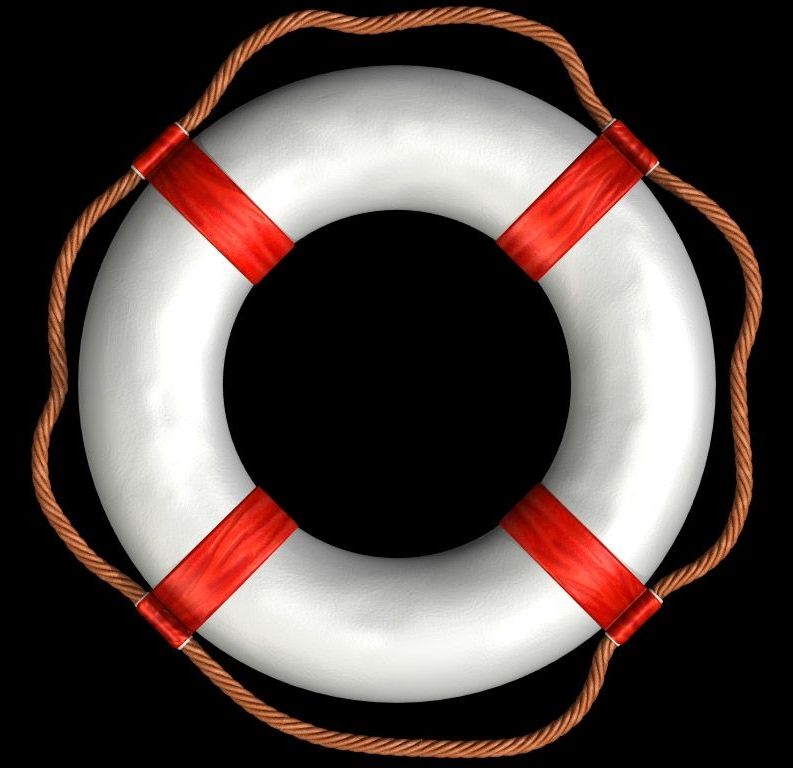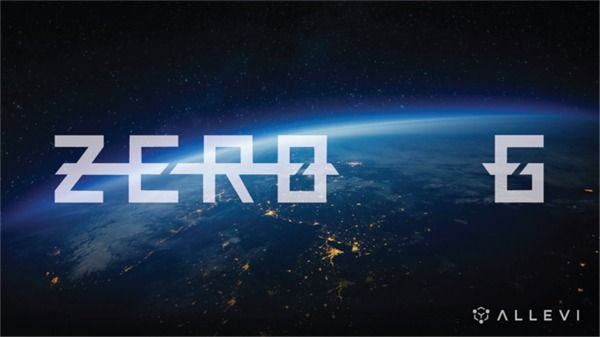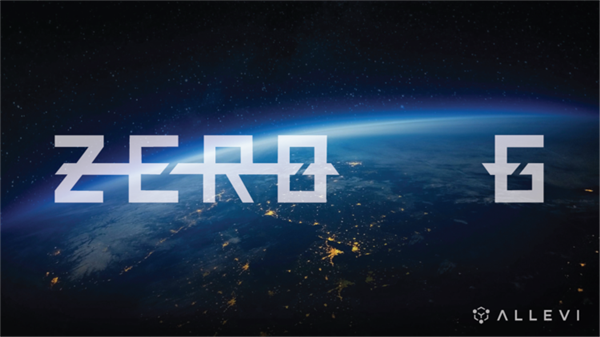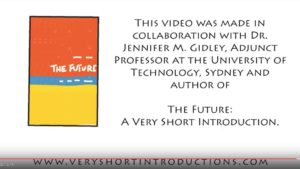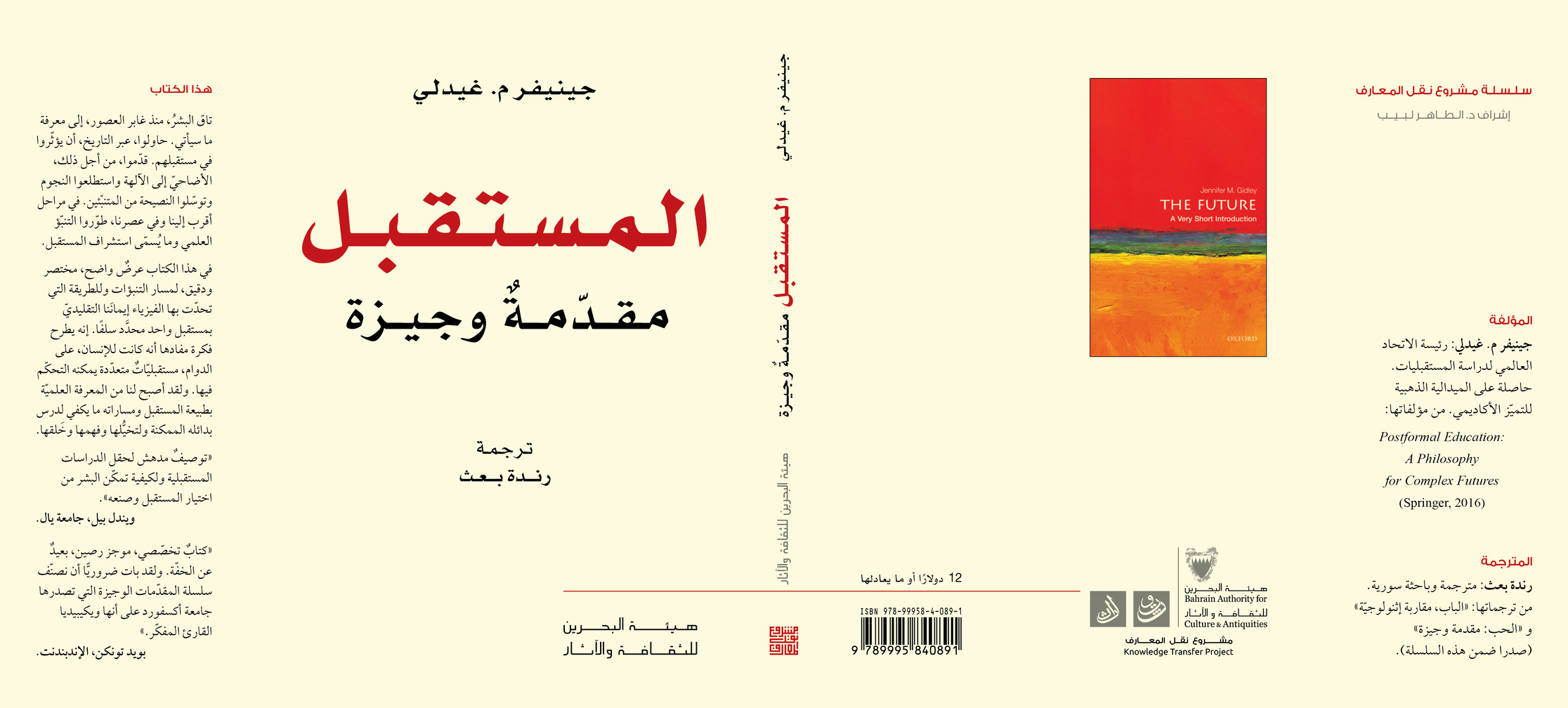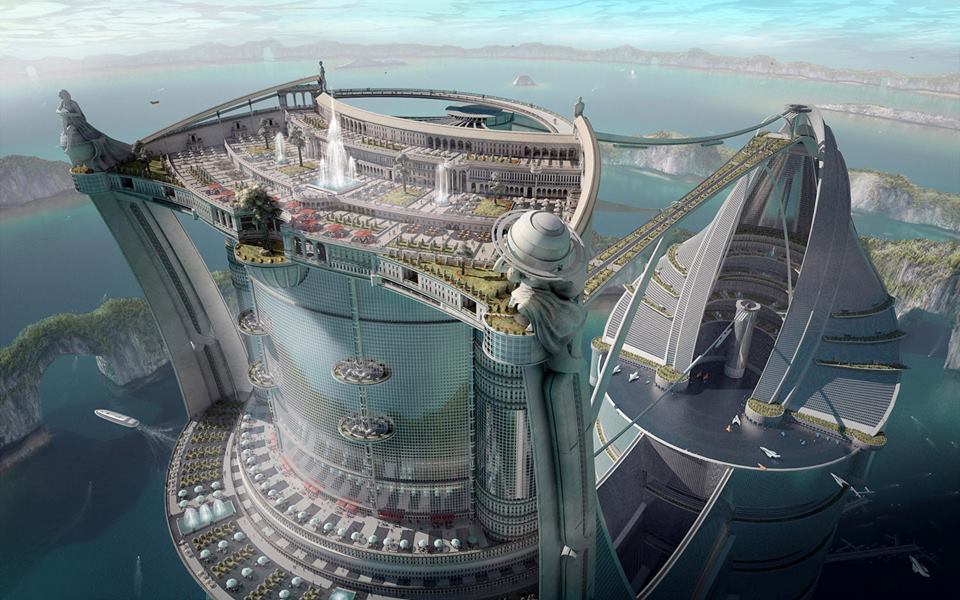Doctor? Who?
New York University said Thursday that it will cover tuition for all its medical students regardless of their financial situation, a first among the nation’s major medical schools and an attempt to expand career options for graduates who won’t be saddled with six-figure debt [Editor’s note: the link may be paywalled]. From a report: School officials worry that rising tuition and soaring loan balances are pushing new doctors into high-paying fields and contributing to a shortage of researchers and primary care physicians. Medical schools nationwide have been conducting aggressive fundraising campaigns to compete for top prospects, alleviate the debt burden and give graduates more career choices. NYU raised more than $450 million of the roughly $600 million it estimates it will need to fund the tuition package in perpetuity, including $100 million from Home Depot founder Kenneth Langone and his wife, Elaine. The school will provide full-tuition scholarships for 92 first-year students — another 10 are already covered through M.D./PhD programs — as well as 350 students already partway through the M.D.-only degree program.
